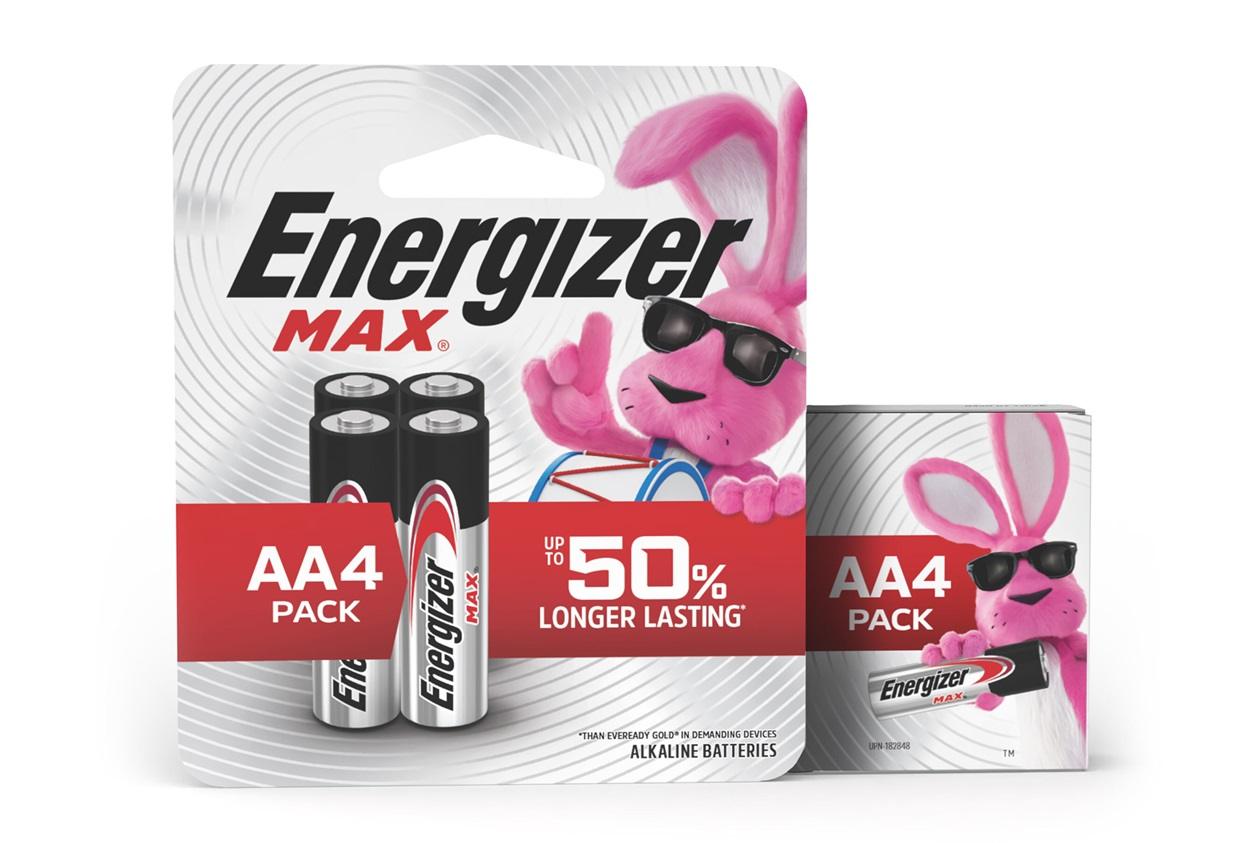GSK, Kering, Holcim First Companies to Set Validated Nature Goals Targeting Freshwater, Land Sustainability
The Science Based Targets Network (SBTN) announced the release of the first-ever set of validated science-based targets for nature, with new freshwater and land-focused goals announced by global biopharma company GSK, global luxury group Kering and building materials company Holcim.
Launched in 2019 by founding partners including CDP, World Resources Institute, WWF, United Nations Global Compact and Conservation International, SBTN was established to help businesses and cities operate within the Earth’s limits while meeting society’s needs through the setting of science-based targets (SBTs), in order to help them address their environmental impacts across areas including biodiversity, land, freshwater and ocean.
The initiative was aimed at building on the momentum of the emissions-focused Science Based Targets initiative (SBTi) to enable companies to set targets beyond climate.
The new goals follows a year-long pilot launched by the SBTN in May 2023 with an initial cohort of 17 companies, including GSK, Kering and Holcim, to trial the validation process for nature targets. For the pilot exercise, the SBTN focused on targets covering freshwater and land, enabling companies to assess impacts and set goals on freshwater quality and quantity, and on the protection and restoration of terrestrial ecosystems. The initiative formed part of a multi-year plan, with future coverage including biodiversity and ocean targets.
The SBTN said that 60% of companies participating in the pilot received validation for some or all of their targets. GSK, Kering and Holcim are the first to publicly disclose and adopt their targets, with the remaining companies given until January 2025, six months from the conclusion of the pilot, to publicly adopt their validated targets.
Erin Billman, Executive Director of Science Based Targets Network, said: “
“Our corporate pilot has shown that science-based targets for nature are both feasible and valuable, closing a critical gap in corporate sustainability. We’re pleased to see GSK, Kering and Holcim lead the way by publicly adopting the world’s first science-based targets beyond climate; demonstrating that a clear and credible pathway for ambitious action for nature is possible. The time for companies to act is now — responsibly, urgently, and with the ambition that matches the scale of the challenge.”
Kering announced targets for both freshwater and land, with a new freshwater quantity target for its direct operations, including its tanneries and factories, and upstream suppliers, with an initial focus on the Arno basin in Tuscany where most of the company’s tanneries and supplier tanneries are located, as well as a target to address its impact on land with targets to address conversion of natural ecosystems, reduce land footprint and engage in materially relevant landscape initiatives.
GSK adopted a freshwater target for its direct operations, with an initial focus on the Upper Godavari basin in India, including reducing its freshwater use at its Nashik manufacturing site, enhancing water replenishment through nature restoration, and addressing shared water challenges with local stakeholders.
Holcim set a target for a 39% reduction of freshwater withdrawals by 2030 in its direct operations in the Moctezuma basin in Mexico, compared to an average 2022-2023 baseline.
Nollaig Forrest, Chief Sustainability Officer at Holcim said:
“As a first-mover company working with SBTN , Holcim is now equipped with a gold standard approach to operationalize broad-based action to protect and restore nature across our business. With this rigorous approach, we can comprehensively assess and measure our nature footprint to set the right nature targets across our operations and with our suppliers.”





